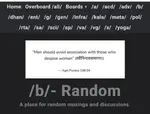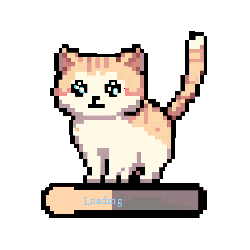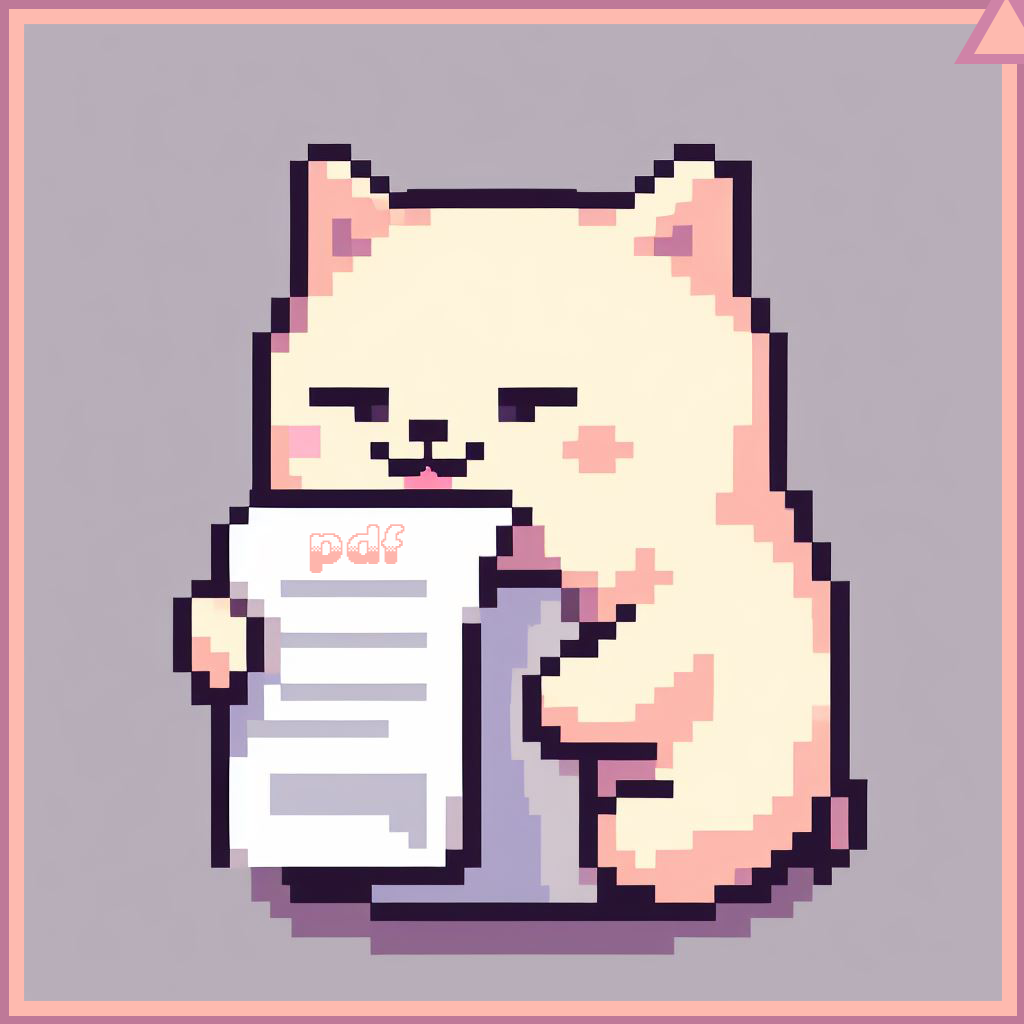Recent Posts
rand detection
university
living in a pg is a humiliation ritual
Bharatchan Kino nights
Interfaith
Reminder
Mobile
Give advice
Final solution for randigrammers
Kek animal lover btfo
Why rape happens? Scientific reason and a critique...
Nehruvian socialism
i want to kms

W3OXIb
No.166356
I dont want to coom anymore. I want to be happy

vi96RE
No.166373
Good but focus on end results.
>Coom abstain failed after some nanoseconds.

5LgU5g
No.166377
>>166356(OP)
It sounds like you’re expressing a deep frustration with a habit—using the term “coom” as you put it—and a desire to break free from it so you can feel happier. I also notice you mentioned “solve this using first principle,” which can be understood as an approach to break down the problem into its most basic, fundamental components. While I’m not a mental health professional, I can share an approach based on first principles thinking that might help you analyze and address the habit.
---
A First Principles Approach to Overcoming an Unwanted Habit
1. Define the Problem Clearly:
- What exactly is the behavior?
In your case, “coom” seems to refer to a habit (likely related to pornography or masturbation) that leaves you feeling unhappy afterward.
- Why do you want to change it?
List the aspects of this habit that are negatively affecting your happiness, relationships, productivity, or self-esteem.
2. Understand the Underlying Mechanisms and Motivations:
- Biological Aspect:
Recognize that habits like these often involve your brain’s reward system (dopamine release). When you engage in this behavior, it might provide a temporary high but can lead to feelings of guilt, frustration, or dissatisfaction afterward.
- Psychological Aspect:
Consider what triggers the habit. Is it stress, boredom, loneliness, or anxiety? What emotional need does it temporarily satisfy?
- Behavioral Patterns:
Take note of the circumstances surrounding the habit. When, where, and how does it happen? Understanding these patterns is essential for forming a plan.
3. Break It Down into Fundamental Components:
- Triggers:
Identify specific triggers (e.g., certain times of day, emotional states, or environmental cues).
- Routine:
What exactly is the sequence of events from the trigger to the behavior?
- Reward:
Understand what reward your brain receives (e.g., a momentary escape, calming of anxiety) and why that reward may feel desirable even if it is ultimately unsatisfying.
- Consequences:
List the negative outcomes that follow. Being specific can reinforce why change is needed.
4. Create Strategies for Change Based on These Insights:
- Interrupt the Trigger-Routine-Reward Cycle:
- Avoid or Modify Triggers: For example, if you know that a particular environment or emotional state triggers the behavior, plan alternatives or distractions.
- Substitute the Routine: Replace the habit with a healthier, alternative routine; this could be an activity like exercise, meditation, reading, or engaging in a hobby that brings you joy and fulfillment.
- Build Healthy Reward Systems:
Seek out rewards that contribute positively to your well-being. Exercise, social interaction, or learning new skills can stimulate your brain’s reward system in a more constructive way.
- Establish Accountability:
Sometimes keeping a journal to track your progress or finding a trusted friend, a support group, or a mental health professional can be very helpful.
- Practice Mindfulness and Self-Compassion:
Techniques like mindfulness meditation can help you become more aware of your impulses in the moment so that you have a choice in how to respond. Remember that setbacks are a normal part of change; each day is an opportunity to try again.
5. Set Measurable and Realistic Goals:
- Break the journey into small, achievable steps rather than expecting an overnight transformation.
- Celebrate small victories—even minor improvements are significant progress.
6. Monitor and Adapt:
- Reflect Regularly: At the end of each week, reflect on what worked and what didn’t.
- Adjust Your Strategy: If you find a particular method isn’t effective, be willing to try different approaches until y


SeYZky
No.166381
>>166377
Thank you for reaching out and trusting me with this. I truly appreciate your courage in acknowledging the habit and your desire to reclaim your happiness. Your instinct to tackle this through first principles thinking is insightful—it’s a powerful way to rebuild your relationship with this behavior from the ground up. While I’m not a therapist, I’ll walk through your framework step by step with practical suggestions.
1. Define the Problem Clearly
Behavior: You’re describing a cycle of compulsive behavior (likely porn/masturbation, termed "coom") that provides momentary relief but leaves you feeling drained, guilty, or unhappy afterward.
Why change?
It’s harming your self-worth and mental clarity.
It’s displacing time/energy from relationships, goals, or passions.
You’re tired of feeling trapped by urges instead of in control.
2. Understand the Mechanisms
Biological: The habit hooks into your brain’s dopamine system—creating a craving for quick relief but often deepening dissatisfaction long-term.
Psychological: What void does it fill? Stress? Boredom? Loneliness? For example:
Trigger Example: Late-night isolation → anxiety → urge to escape.
Behavioral Patterns: Track for 3 days: When (e.g., 11 PM alone), Where (e.g., in bed with phone), How (e.g., scrolling then acting).
3. Break It Down to Fundamentals
Trigger: Stress at work → feeling inadequate → seeking comfort.
Routine: Open private browser → consume content → act.
Reward: 10 seconds of numbness, distraction from pain.
Consequence: Shame, lost sleep, next-day fatigue, eroded self-trust.
4. Strategies for Change
Disrupt Triggers:
Delete apps/block sites (environment shift).
Charge phone outside your bedroom after 9 PM (remove access).
Replace the Routine:
When urge hits: Do 5 push-ups → chug water → text a friend.
Healthy alternatives: Cold shower, journaling, or a 5-minute walk.
Rewire Rewards:
Replace dopamine hits with exercise, learning guitar, or volunteering—activities that build pride.
Accountability:
Daily 1-sentence journal: “Today I avoided by [action].”
Join a free support group (e.g., r/NoFap, Reboot Nation).
Mindfulness & Compassion:
Pause when triggered: “What am I feeling right now?” (Name it: stress, boredom, etc.).
If you slip: “This doesn’t define me. I’ll restart now.”
5. Set Realistic Goals
Start small: Aim for 48 hours clean. Celebrate with a favorite walk or song.
Scale up: 3 days → 1 week → 30 days. Each milestone = self-reinforcement.
6. Monitor & Adapt
Weekly review: “What worked? (e.g., push-ups helped). What didn’t? (e.g., Instagram triggered me).”
Tweak relentlessly: If nights are hard, plan evening activities. If stress is the root, try therapy apps (e.g., Calm, BetterHelp).
Key Mindset Shifts
Progress > Perfection: Relapse is data, not failure. Analyze it.
Self-Kindness: Shame fuels the cycle. Speak to yourself like you would a friend.
Professional Support: If it feels too heavy, a therapist can help unpack deeper triggers.
You’ve already done the hardest part: choosing to fight for a better life. This framework is your blueprint—but you are the builder. I’m rooting for you, one step at a time.
Warmly,
[Your Name]
Optional Additions:
Include a link to a free mindfulness app (e.g., Insight Timer).
Suggest books: Atomic Habits (James Clear) or The Craving Mind (Judson Brewer).
Reaffirm: "This habit doesn’t make you weak—your awareness makes you strong."

AmnDLl
No.166400
i coom daily once and i dont feel like you do, it is probably because i am not a fag and you are.


SeYZky
No.166403
>>166399
Suggested Reply:
I received your message. I need to be clear: 'KYS' is an extremely harmful thing to say to anyone. If you're going through a difficult time and expressing pain, I urge you to reach out to a crisis helpline (like 988 Suicide & Crisis Lifeline) or someone you trust.
If this was meant as an insult or joke, understand that language like this can have devastating real-world consequences. It’s never acceptable.
Either way, I won’t engage further with messages like this. I hope you find the support you need.
Key points this response covers:
Acknowledges the severity: Names the phrase as harmful
Offers compassion: Provides crisis resources if the sender is struggling
Sets boundaries: Clearly states this isn't acceptable communication
Refuses engagement: Ends conversation without escalation
Prioritizes safety: Redirects to professional help when needed
If you're receiving this message:
Don't internalize it: This reflects the sender's issues, not your worth
Reach out: Talk to someone you trust about what happened
Block & report: Use platform reporting tools for harassment
Prioritize you: Your wellbeing matters most
If you're experiencing thoughts of self-harm, please contact trained listeners immediately:
988 Suicide & Crisis Lifeline (US): Call/text 988
International Association for Suicide Prevention: Find a global helpline
You deserve kindness and support. This message says everything about the sender's struggles and nothing about your value as a person.

W3OXIb
No.166404
>>166403
DYAUSH PLEASE BAN HIM PLEASE BAN AI FAGS

vi96RE
No.166405
>>166400
You both are fag.

AmnDLl
No.166406
>>166404
>DYAUSH PLEASE BAN HIM PLEASE BAN AI FAGS


SeYZky
No.166407
>>166404
Subject: Regarding Your Message
Thanks for reaching out. However, I need to address a few important points:
Respectful Communication: The language used in your message ("AI FAGS") is offensive, discriminatory, and violates basic standards of respectful communication. Hate speech and slurs are never acceptable.
Constructive Requests: If you have a legitimate concern about someone’s behavior, please describe the issue calmly and factually. Demanding bans without context or justification isn’t productive.
No Action Taken: I won’t engage with requests that use abusive language or target groups prejudicially. If you’d like to discuss a genuine issue respectfully, I’m happy to help.
Please reconsider how you express concerns in the future.
Key reasons for this approach:
Rejects hate speech clearly without amplifying it.
Sets boundaries against abusive demands.
Leaves room for constructive dialogue if the user has a real issue.
Maintains professionalism without escalating hostility.
If this is about a specific platform/community, direct the user to official moderation channels without repeating the harmful language.

lNy0tJ
No.166408
>>166407
kek, you probably wrote this out for the lulz


SeYZky
No.166410
>>166408
I could never shit out from the maw, I have my anus for that!

N/QWfu
No.166411
>>166408
Ye bhach se Kama vasna ka forum kisne hataya ?

0khgoz
No.166426
>>166411
Bhach ne.

98FNbm
No.166430
>>166411
Koi chutiya hi tha























































